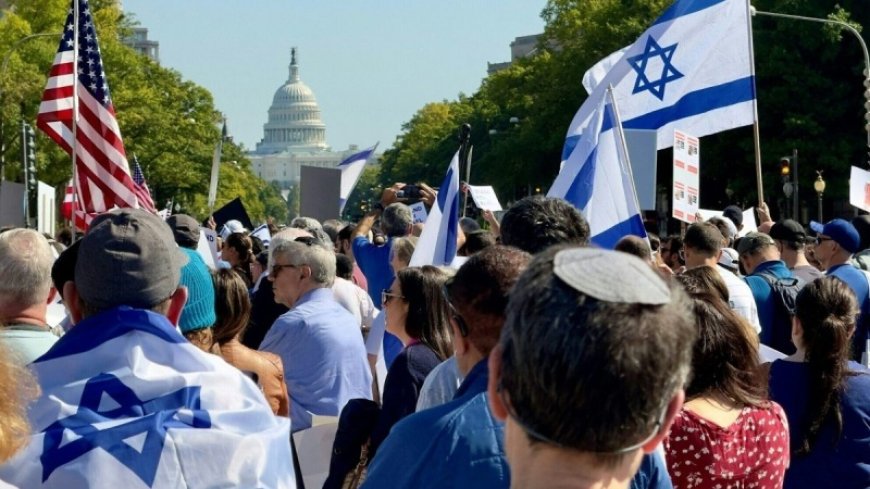Zionist Lobby Intensifies Efforts to Undermine Pro-Palestinian Politicians in U.S. Elections

In a notable escalation of political maneuvering, wealthy pro-Israel supporters in the United States are intensifying their efforts to undermine pro-Palestinian politicians ahead of the upcoming elections. Recent reports indicate that significant financial resources are being mobilized to challenge Ilhan Omar, a prominent advocate for Palestinian rights.
Ilhan Omar, a Democratic Congresswoman known for her outspoken support for Palestine, is currently facing a formidable challenge in her bid for re-election. Despite leading her opponent, Don Samuels, by a considerable margin in the intra-party primaries, Omar is encountering a concerted pushback from pro-Israel factions.
The American-Israel Public Affairs Committee (AIPAC), one of the most influential pro-Israel lobbying groups in the U.S., has reportedly played a central role in this effort. With over 100,000 members and a history of significant financial contributions aimed at shaping U.S. policy in favor of Zionist interests, AIPAC's influence extends deeply into American political dynamics.
Financial Maneuvers and Campaign Strategies
Recently, a group of affluent pro-Israel supporters was found raising substantial amounts of money to support Don Samuels and counter Omar's campaign. According to a report by The Intercept, this group, operating under the banner "Zionists for Don Samuels and Anti-Ilhan Omar," raised approximately $100,000 within 24 hours to bolster Samuels' bid.
The financial strategy is part of a broader approach used by political action committees (PACs) and Super PACs in U.S. elections. These entities, particularly Super PACs, are able to raise and spend unlimited amounts of money independently from the candidates’ official campaigns. While this financial influx is intended to support candidates aligned with specific interests, it often leads to heightened scrutiny and allegations of corruption due to the disproportionate influence it can wield.
Historical Context and Recent Developments
AIPAC’s financial clout has previously impacted elections, such as the notable case of Cori Bush, another progressive candidate whose campaign was significantly affected by pro-Israel lobbying efforts. In the current election cycle, the focus has shifted to preventing the advancement of candidates like Ilhan Omar, who have openly criticized Israeli policies and advocated for Palestinian rights.
The intensification of these efforts follows a period of heightened tensions in Gaza, which has seen increased mobilization from Zionist lobbies in the U.S. to counteract voices supporting Palestinian causes. Omar, who has been a vocal critic of Israeli actions in Gaza and a proponent of Palestinian rights, has faced a persistent wave of attacks from pro-Israel groups since her election to Congress in 2018.
Implications and Reactions
The use of financial power to influence political outcomes raises significant concerns about the integrity of the electoral process. Critics argue that the overwhelming influence of money in politics undermines democratic principles and disproportionately amplifies the voices of special interests.
In response, progressive activists and political analysts continue to highlight the need for campaign finance reform and greater transparency in political spending. As the election approaches, the battle between pro-Palestinian and pro-Israel factions in U.S. politics is expected to remain a contentious and closely watched issue.
Overall, the increasing financial and strategic efforts by pro-Israel advocates to sway U.S. elections underscore the ongoing and complex interplay between domestic politics and international issues.













































